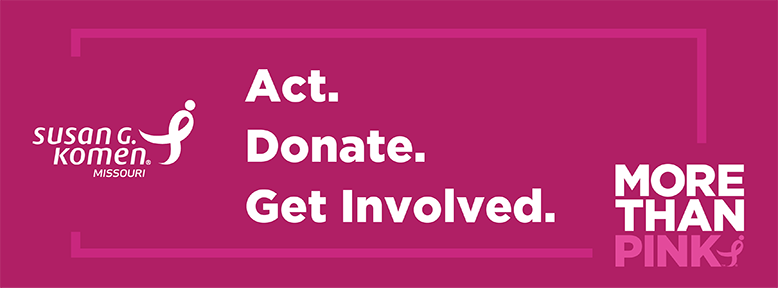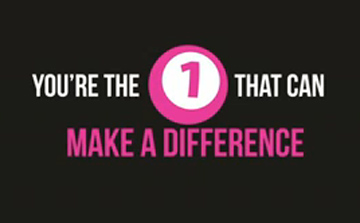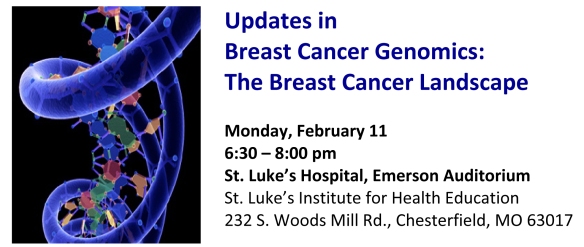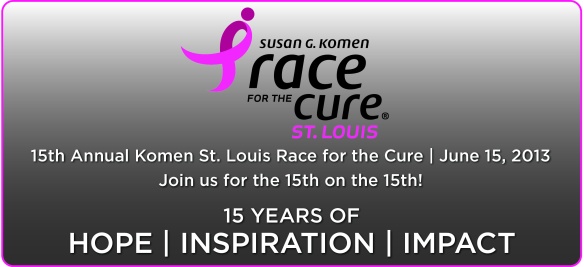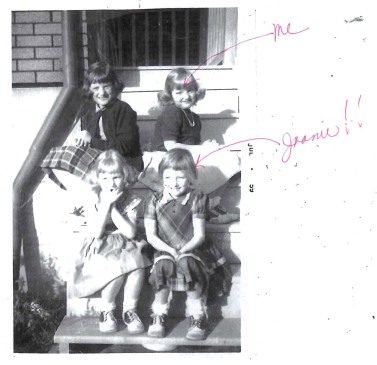
As any breast cancer survivor will tell you, maintaining proper nutrition during treatment is paramount.
Thanks to grant funding from Komen St. Louis, Food Outreach provides comprehensive nutritional support to help low-income, African-American breast cancer patients maintain strength, cope with side effects and optimize treatments. These patients access a tailored nutrition program, which is a powerful tool in their disease management.
Food Outreach’s breast cancer clients receive freshly prepared frozen meals, groceries and nutritional counseling. Food Outreach dietitians meet with each client for a nutritional status assessment and nutrition counseling, and recommend an eating plan based on assessment results, treatments and secondary illnesses. The dietitians and the organization’s chef develop menus targeting clients’ specific nutrition needs.
“A breast cancer client once told me during her treatment that our program was ‘the difference between eating well and not eating at all’,” says Greg Lukeman, Food Outreach Executive Director. “Since receiving Komen St. Louis grants beginning in 2007, we have never had a waiting list for our breast cancer clients.”
The services Food Outreach provides are not typically available through traditional food pantries and are often otherwise inaccessible due to clients’ limited financial resources.
“Our clients are the working poor or those who are experiencing a significant drop in income by missing work days due to their illness, as well as those who have experienced poverty most of their lives,” says Karin Moody, Food Outreach Community Affairs Officer.
Since 2007, Komen St. Louis funding has provided more than 125,653 nutritiously tailored meals and groceries, combined with nutrition counseling and education, to more than 270 low-income breast cancer patients residing in St. Louis City and surrounding counties in Missouri and Illinois.
“Support from Komen St. Louis enables us to provide critical nutritional support to low-income breast cancer clients who would not otherwise have access to the nutritious food that helps them maintain their strength during treatment, cope with chemotherapy side effects and rebuild tissue damaged from surgery and radiation,” says Karin. “Komen funding has made an incredible impact on the lives of Food Outreach’s breast cancer clients.”
During this sixth year of Komen St. Louis funding, Food Outreach will provide 42,630 nutritious meals to breast cancer patients. That is a lot of love and hope in the form of a good meal for those fighting breast cancer.
In 2012, Komen St. Louis granted nearly $3.1 million to 25 local breast health programs in our 17-county Missouri/Illinois service area, including the Nutritional Support for Low-Income African-American Breast Cancer Patients program at Food Outreach. These grants help fund breast health and breast cancer screening, treatment, education and support services for those in our community who otherwise may not have access due to low income, lack of insurance or other barriers.
